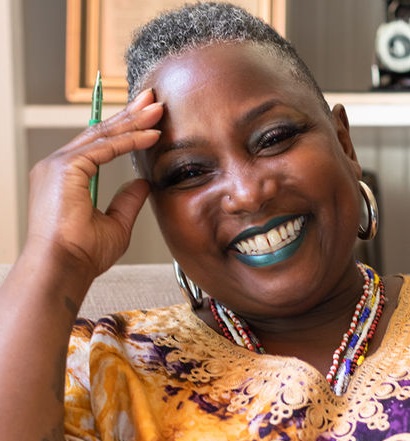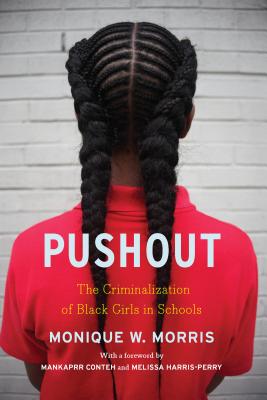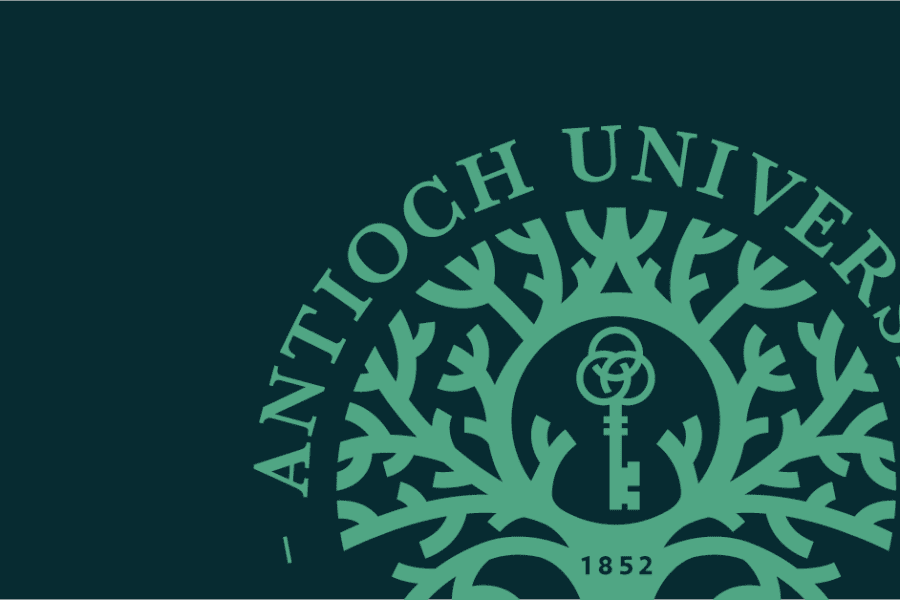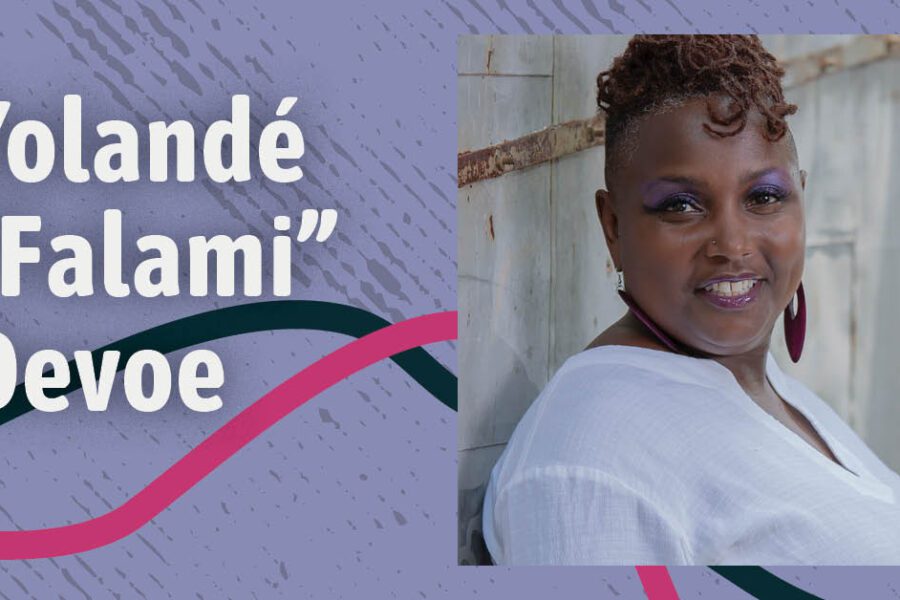When Dr. Y. Falami Devoe was thinking of a course to teach in Antioch’s online Master of Arts in Individualized Studies program, she wanted to center her “passion, research, and teaching interests,” which, as she describes them, “involve centering the experiences of Black women and girls.” So during the pandemic Dr. Devoe dove deep into this vital topic, eventually designing an intensive seven-week course which she taught for the first time earlier this spring. The course was titled “Educating Black Girls to Thrive.”
How did it go? One student, Jamila Coleman, described it as “truly empowering.” Over seven intensive weeks, students investigated the social, political, and cultural narratives as well as the lived experiences of African American girls in the U.S. Dr. Devoe introduced students to Black Feminist and Womanist frameworks to inform their explorations, and the course had a specific focus on what she describes as “the experience of criminalization many Black girls are expected to survive in American schools.”

One of Dr. Devoe’s major objectives in the course was to enable students to critically analyze the cultural representations of African American girls in the media. They accomplished this in part by reading the main course textbook, Pushout: The Criminalization of Black Girls in Schools by Monique Morris, but also by exploring other articles and news stories and videos and podcasts that Dr. Devoe says “helped to amplify the discussion topics.”
One of these supplemental texts came in the second week, when students read “Demarginalizing the intersection of Race and Sex: A Black Feminist Critique of Antidiscrimination Theory and Antiracist Politics,” the seminal 1989 article by Kimberlé Crenshaw in which she invented the term and idea of “intersectionality.” Encounters with key texts such as Crenshaw’s were key to the students’ intellectual development.
 The seminar turned out to be a great success. Will Dr. Devoe offer it again? “ABSOLUTELY,” she writes by email. And students will be lucky to encounter and challenge these ideas again, under her guidance.
The seminar turned out to be a great success. Will Dr. Devoe offer it again? “ABSOLUTELY,” she writes by email. And students will be lucky to encounter and challenge these ideas again, under her guidance.
Jamila Coleman, the graduate of the course (who we profiled earlier this year), says she came away with a greater sense of mission and thoughtfulness. “When we are doing this work,” she says, “when we are of service to our Black girls and young women, we must ask deeper questions and create more safe spaces for Black girls.” As she said to Dr. Devoe after completing: “This was an amazing course. Thank you.”





